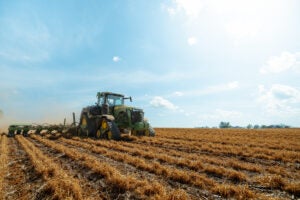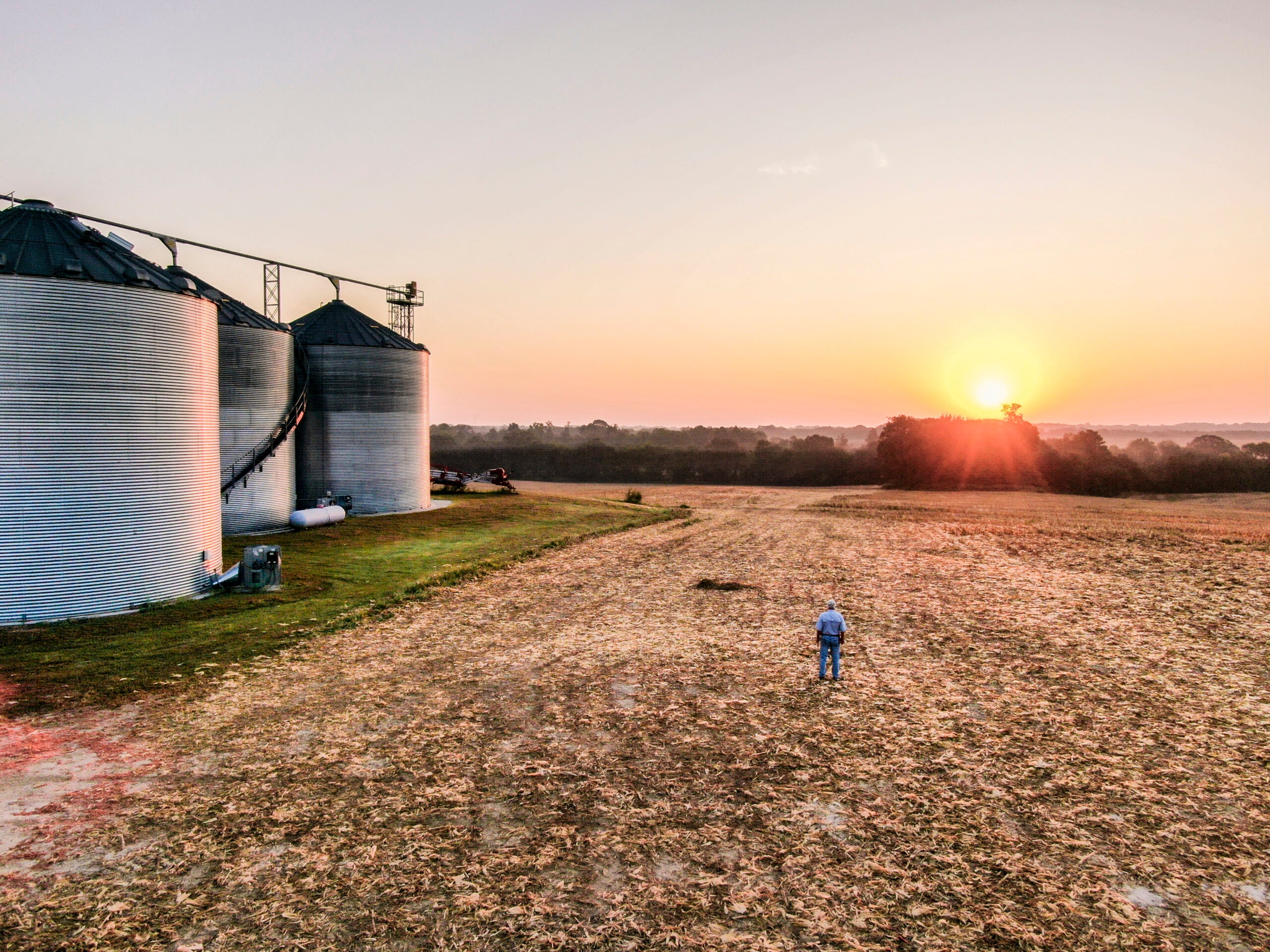
Farmers need support to survive this economic squeeze
In conversations with farmers in recent months, one word keeps coming up to describe their economic reality: “squeeze.” High farm input costs and loan interest rates are making it more expensive for farmers to grow crops. At the same time, low commodity prices mean they earn less money for the crops they grow. Farmers are caught in the middle of a bad deal with many asking whether it is even worth it to farm this year.
Farmers are facing this dilemma while also navigating additional disruptions and uncertainty. Federal funds have been frozen or canceled, putting farmers with existing contracts at risk after they’ve already invested their own money with the expectation that government funding would cover the remaining cost of farm improvements. Tariffs create another layer of price uncertainty and open the door for other countries to gain a competitive advantage in global markets. On top of this, farmers in several regions have experienced damage from extreme weather events, making their financial situation even more fraught.
Farmers are getting squeezed, and this makes it harder or even impossible for them to position their businesses for long-term success. But it doesn’t have to be this way.
Farm business partners must support long-term resilience
In volatile economic times, it’s often advised to make decisions with the long view in mind. Of course, it is challenging for farmers to think beyond immediate threats when they are just trying to stay on their farms and maintain what they have.
For this reason, it is essential that farmers’ business partners identify ways they can help. This includes continuing and expanding upon programs designed to support long-term resilience and financial viability.
For example, the Regenerative Agriculture Financing program offers farmers a lower interest rate on their farm operating loan when they use practices that provide on-farm cost savings and protect soil health. This year, the program expanded from the successful operating loan to include a new land loan, making land more affordable for farmers who use sustainable practices.
Similarly, a sustainability-linked loan offered by CoBank to Heartland Co-op will provide valuable support to the cooperative’s conservation agronomy team, a critical source of technical assistance at a time when layoffs of federal workers are depleting important services for farmers.
Farmers’ business partners — including grain buyers, input providers and ag lenders — should all consider how they can help farmers navigate this challenging period. After all, their businesses rely on the farmers they serve.
Federal programs should also take the long view
Private sector support will be essential for farmers in the coming months, but it cannot fill the gap left by federal funding freezes, cancellations and layoffs.
The U.S. Department of Agriculture recently announced financial support for farmers, which must come as a relief to many struggling to get by. However, farmers consistently state their preference for market access over federal payments. Providing temporary emergency relief while simultaneously defunding efforts to create market opportunities and strengthen on-farm resilience contributes to a vicious cycle. This approach leaves U.S. farmers unprepared for the future and less able to compete in domestic and global markets.
For example, farm bill conservation programs are longstanding, popular and consistently oversubscribed opportunities for farmers to co-invest with the government in the long-term health of their businesses and land. The expansion of these initiatives along with new opportunities to connect farms with market demand for sustainably grown crops and livestock were met with unprecedented enthusiasm and participation and an influx of matching dollars from businesses. Instead of pulling the rug out from under participating farmers and companies, USDA should allow these projects to continue and bear fruit for American farmers and rural economies.
Agriculture is a cyclical industry, and hopefully the economic squeeze that farmers are enduring will be relieved soon. In the meantime, it is more important than ever to find common ground and support solutions that enable farmers to have a brighter future.












